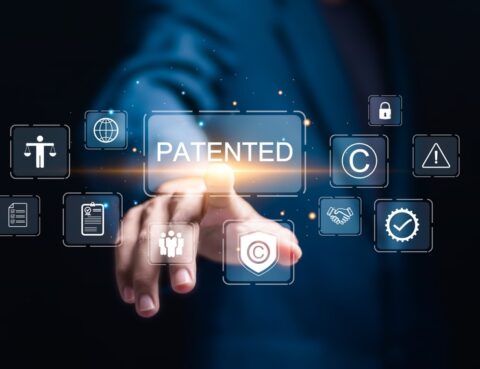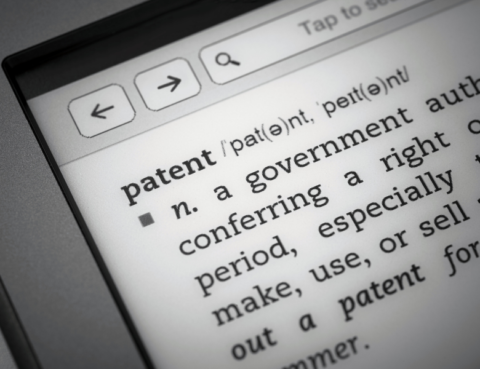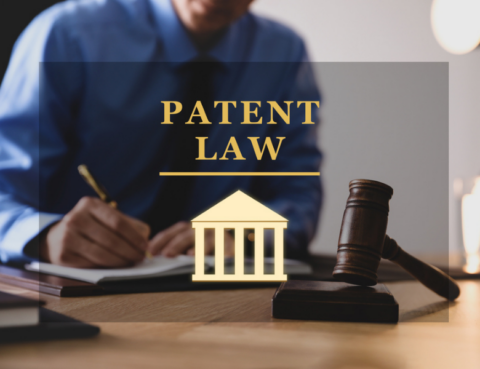It is more important than ever to safeguard intellectual property (IP) internationally in a market that is becoming more and more globalized. International design patents are essential for protecting original designs internationally and enabling inventors to profit from their innovation without worrying about infringement violations. What is a Design Patent? A design patent protects the…
Intellectual property (IP) is a critical aspect of artificial intelligence (AI), as AI technologies continue to advance and become more prevalent in various industries. Here are some key aspects of IP as it relates to AI: 1. Patents: AI technologies can be patented, just like any other technology. Patents are used to protect new inventions,…
Patent Infringement Patent infringement sounds daunting, but what exactly is it? Patent infringement is the violation of a patent holder’s legal rights in relation to a particular innovation. Making, using, proposing to sell, or selling something that includes every component of a patented claim or its equivalent while the patent is active constitutes patent infringement,…
International IP: Patents In International Intellectual Property Part I of our III Part International IP blog series we review what to know about International IP rules and in International Intellectual Property Part II: Copyrights we address International Copyright Law. Here we will discuss International IP Patents. A patent is a government authority or license conferring a right or…
Patent prosecution can be a slow process. What can the patent agent or patent attorney do to speed up the patent prosecution process? Patent prosecution is usually slow because of the applicant represented by the patent agent or patent attorney either does not provide information or makes it difficult for the USPTO examiner to evaluate….
In our most recent IP Over Tea webinar, rising star and managing shareholder Thomas Stanton discussed IP investments and what makes intellectual property attractive to investors. Millions of SMEs are born each year with big ideas; some are successful and others are not. It is possible that some of the “unicorn” startups that have flourished, understand what makes…
Yes, a patent can have one or multiple inventors. However, the number of inventors is dependent on those that invented the claimed invention. United States Patent Law requires that all inventors must be named in a patent application. The law defines an inventor as only those who contribute to the conception of the claimed invention….
A common event in the career of any in-house Intellectual Property manager is the acquisition of Intellectual Property from other corporate entities or inventors. These include either purchasing or licensing of their intellectual property. Therefore, all Intellectual Property managers should have a formal patent, trademark and trade secret due diligence process. This article will focus…
No, but you can patent the business process and the technological invention required to make the business method work. In doing so, the focus becomes the technological invention and the business method is shown as one useful application of that technological invention. For patentability, it must also meet the four-part test for patentability of a…
For majority of businesses, the right IP (intellectual property) advice can protect a lot more than just a business idea or concept. It protects real business assets that are genuinely vital to core services, continuity and long-term success. And this is especially true for start-ups as they need to be even more vigilant when it…








